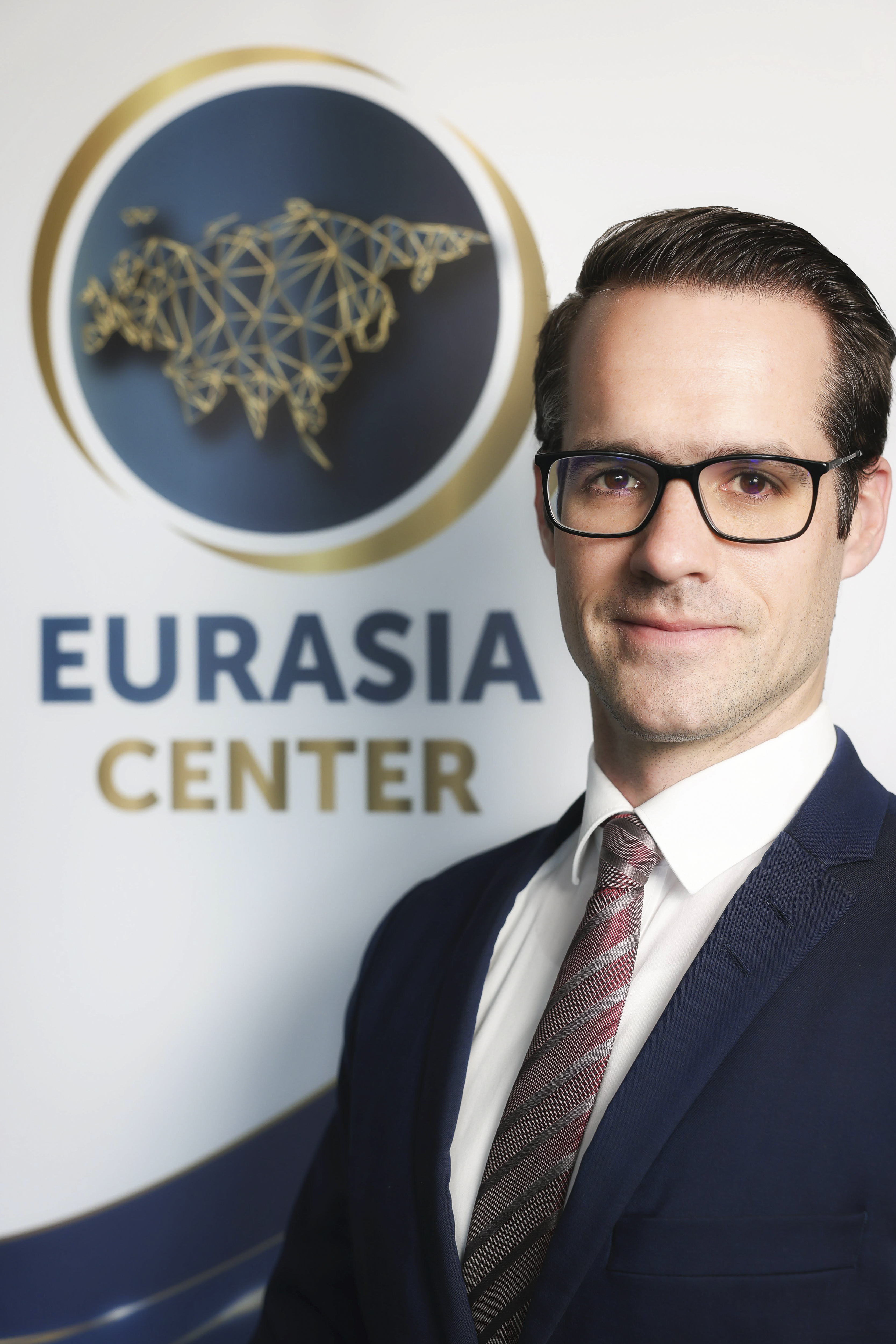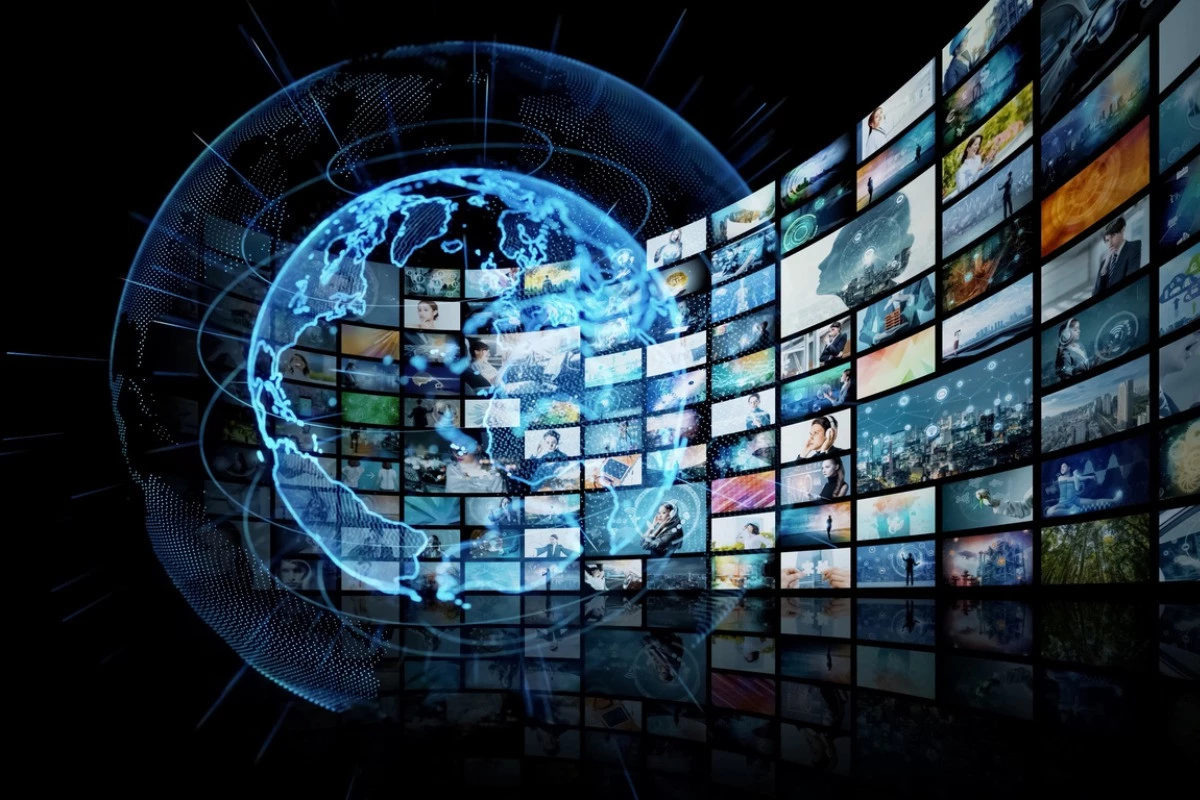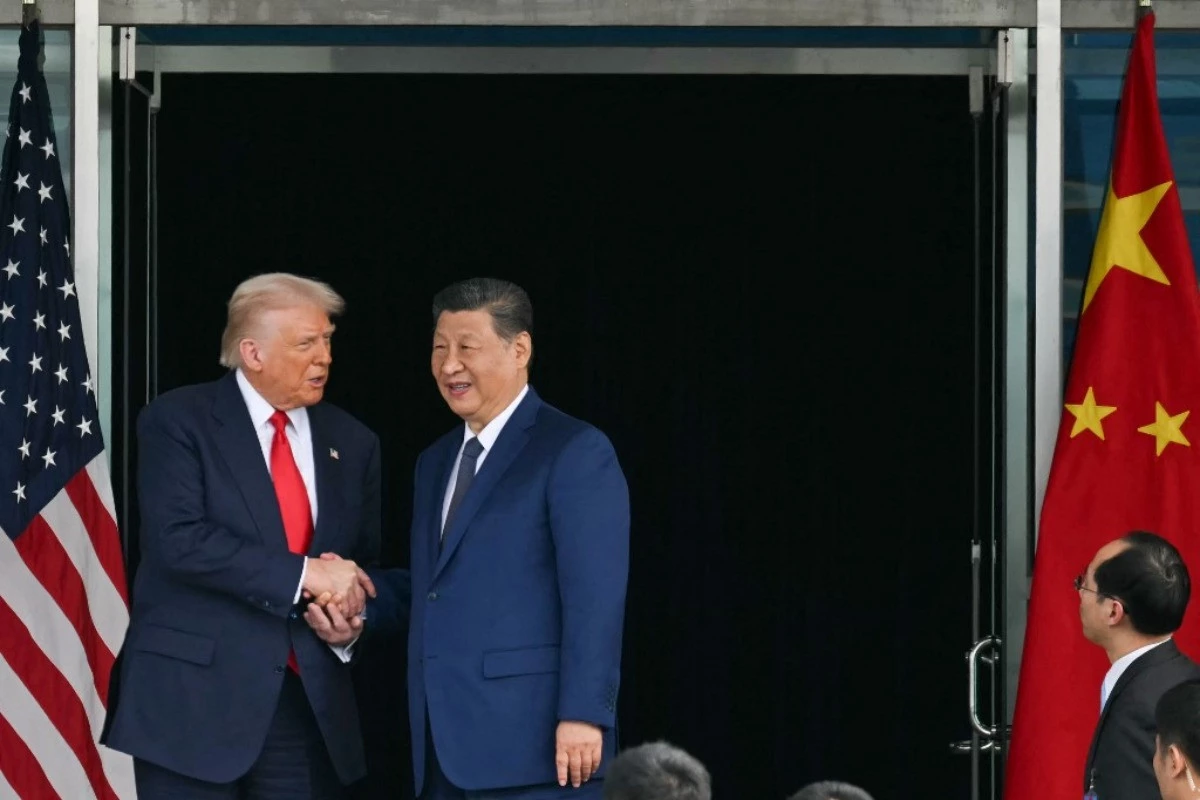Levente Horváth, Ph.D.,
Director of the Eurasia Center,
Editor-in-Chief of Eurasia
In the globalised world of the 21st century, with the widespread use of the Internet and the development of information technology, soft power - in the broadest sense - is becoming increasingly important in geopolitical battles.
The concept of soft power was coined by Joseph Nye, a professor at Harvard University, in the late 1980s, but of course it existed before then and is now a fundamental concept in the study of rivalries between great powers. After the Second World War, which was about hard power, i.e. military strength, the ideological struggle took the place of skirmishes. The great powers are no longer trying to gain political influence worldwide through military superiority, but through ideological brainwashing. The United States has been at the top of the various soft power rankings - Brand Finance's Global Soft Power, ISSF World Soft Power Index, Monocle's Soft Power Survey, Portland's The Soft Power 30 Report, etc. - for many years. The most obvious example of this is Hollywood.


